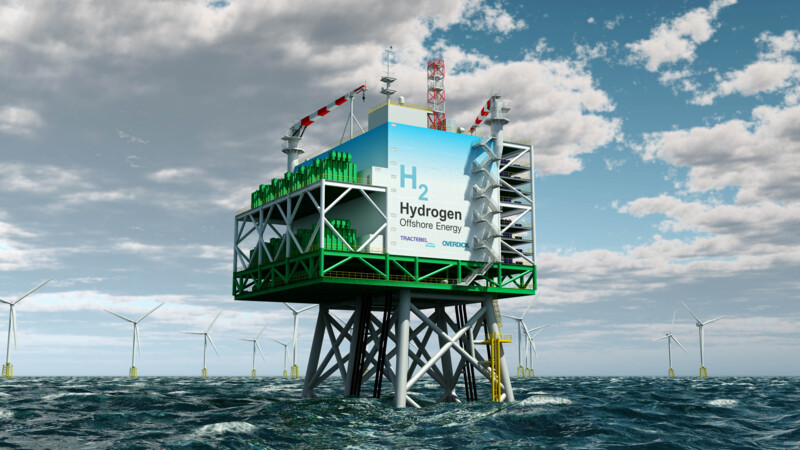More than a dozen large industrial natural gas consumers including the multi-metal supplier, Aurubis, have expressed interest in the supply and use of hydrogen to Gasnetz Hamburg, the company said. Jens Kerstan, Senator for the Environment, said: "We are pulling together to achieve Hamburg's climate goals swiftly and with a technology that makes economic sense and is ecologically climate-friendly." The grid creates a basis for securing jobs in Hamburg and initiating a rapid decarbonisation of industrial production processes, Kerstan added.
Gasnetz Hamburg has announced plans to extend the Hamburg Hydrogen Industrial Network (HH-WIN) in the Port fo Hamburg from the original 45 to 60 kilometres by 2030, a press release said Tuesday (March 31, 2021). The great interest shown by industry in the supply and use of hydrogen had triggered a revision of the pipeline’s length. The City of Hamburg aims to produce and supply environment-friendly hydrogen from feed-in points to consumers via the HH-WIN infrastructure.
Industry showing keen interest
Hamburg's hydrogen network
"We are pleased to be able to start detailed planning much earlier and to involve more partners than expected in December," said Udo Bottlaender, Technical Managing Director of Gasnetz Hamburg. The company and eight partners in the "Hydrogen Network Hamburg" are working on an application for European funding under the Important Projects of Common European Interest (IPCEI). "HH-WIN stands a good chance of receiving funding and thus an early start," said Christian Heine, Commercial Director of Gasnetz Hamburg. Industrial companies account for over a third of Hamburg's total natural gas consumption and could be connected to HH-WIN in the coming years, according to Gasnetz Hamburg.

Climate-friendly hydrogen technology
If Hamburg feeds the required quantities of hydrogen produced from renewable energy sources into the grid, this holds huge potential for climate protection, according to forecasts. Hamburg's total CO2 emissions could be slashed by about 1.2 million tonnes per annum, if the present amount of natural gas energy - 6.4 terawatt hours or 6.4 billion kilowatt hours per annum - can be replaced by environment-friendly hydrogen,
tn/sb/pb
Sources and further information
More
Similar articles

New cluster to network stakeholders in Hamburg's hydrogen sector

Wind and electricity make for environment-friendly hydrogen

Hamburg to become European green hydrogen city
